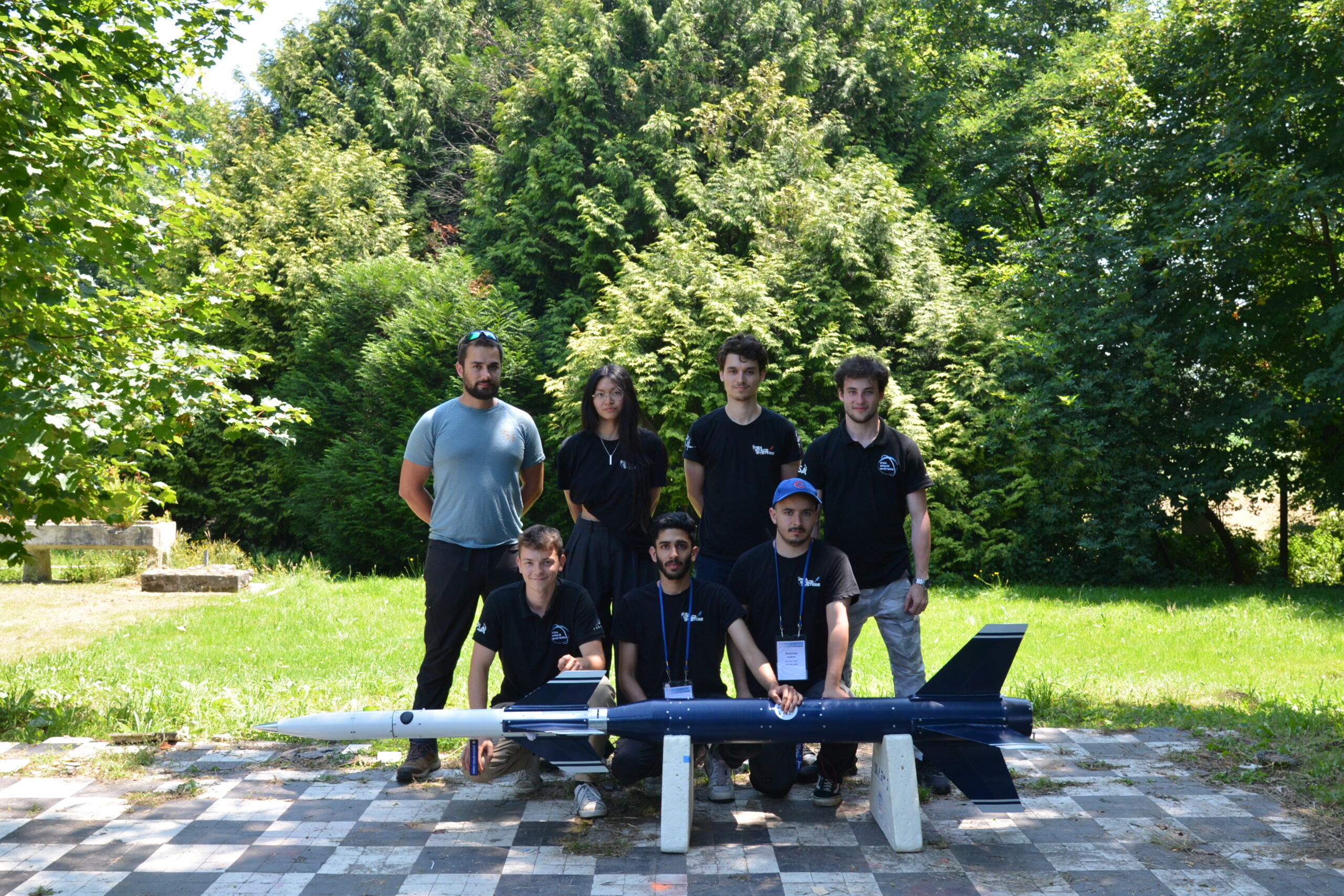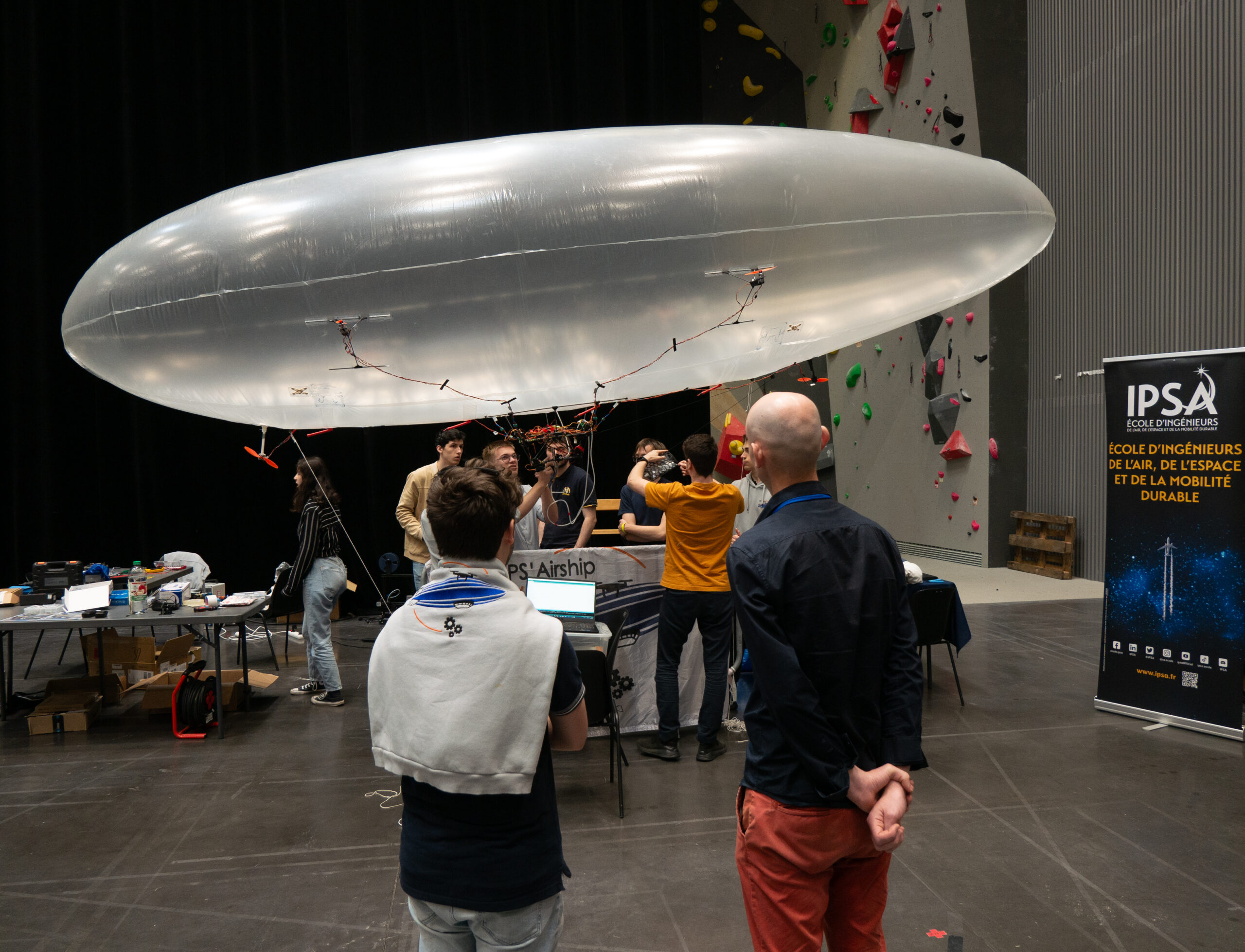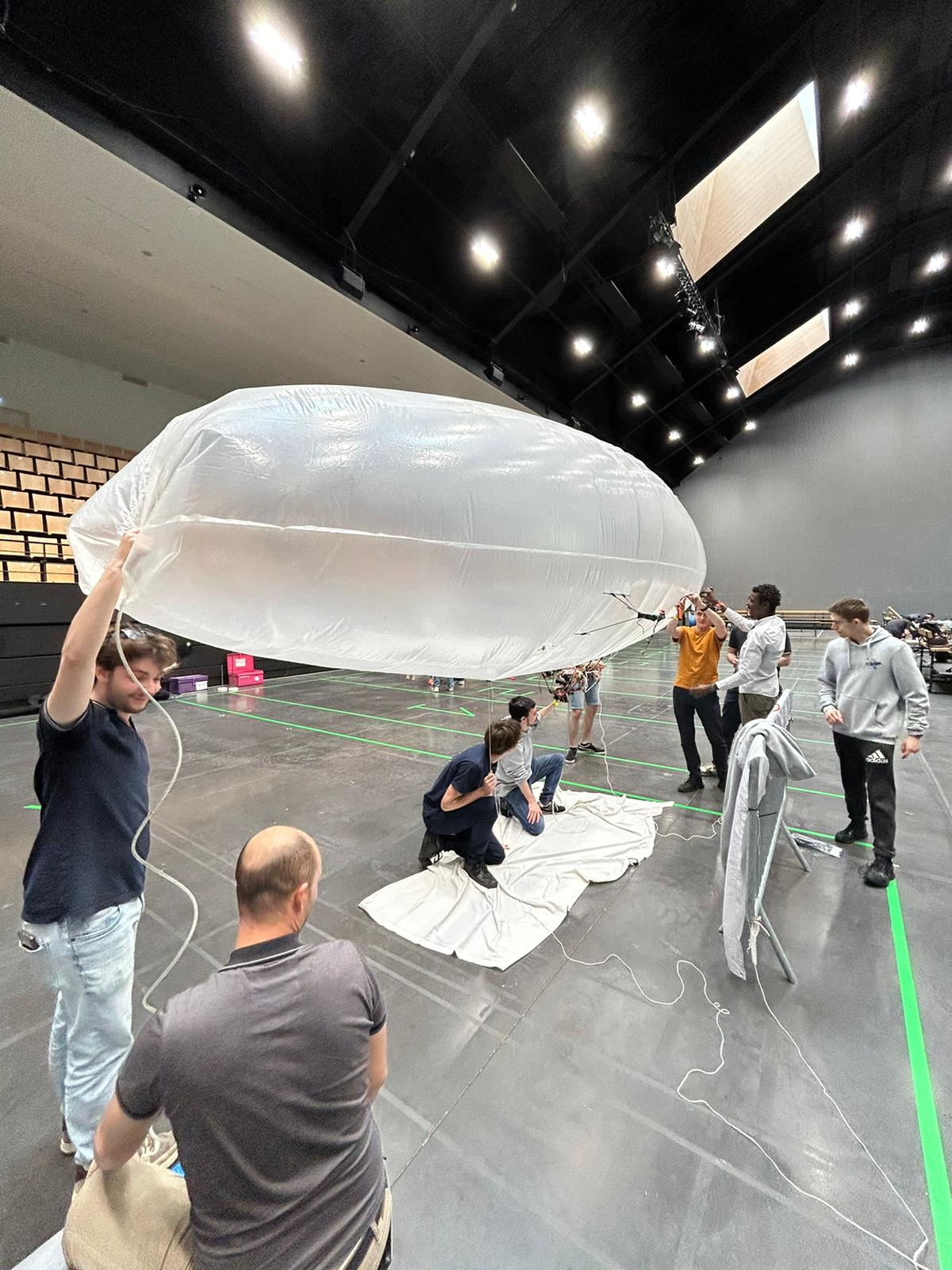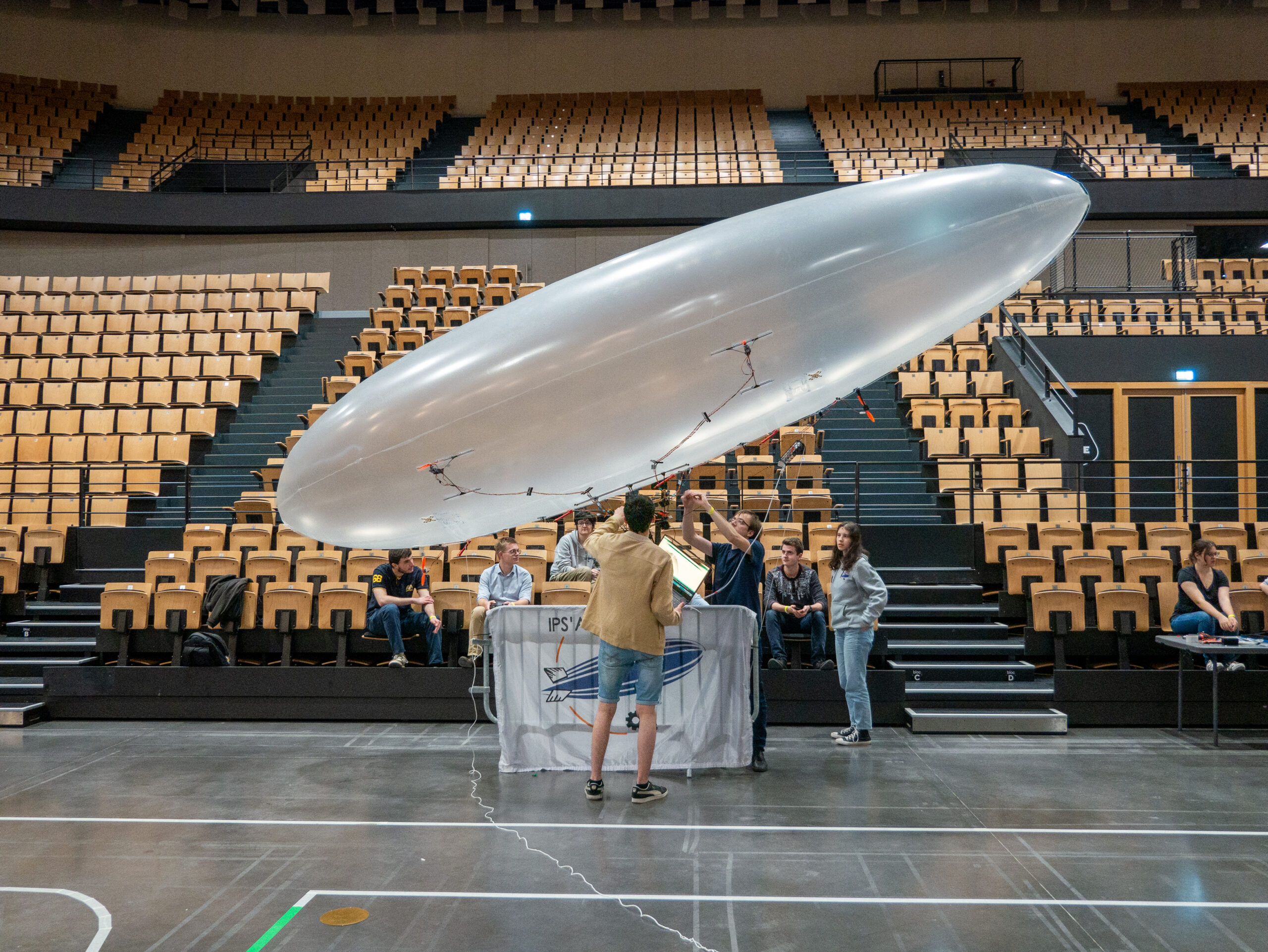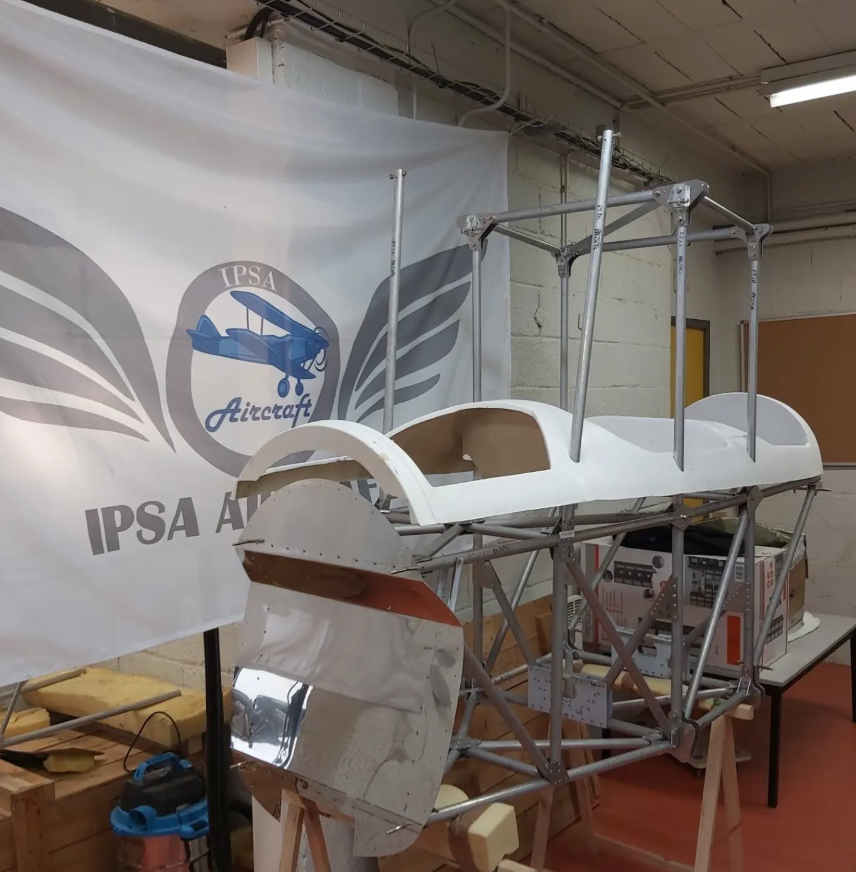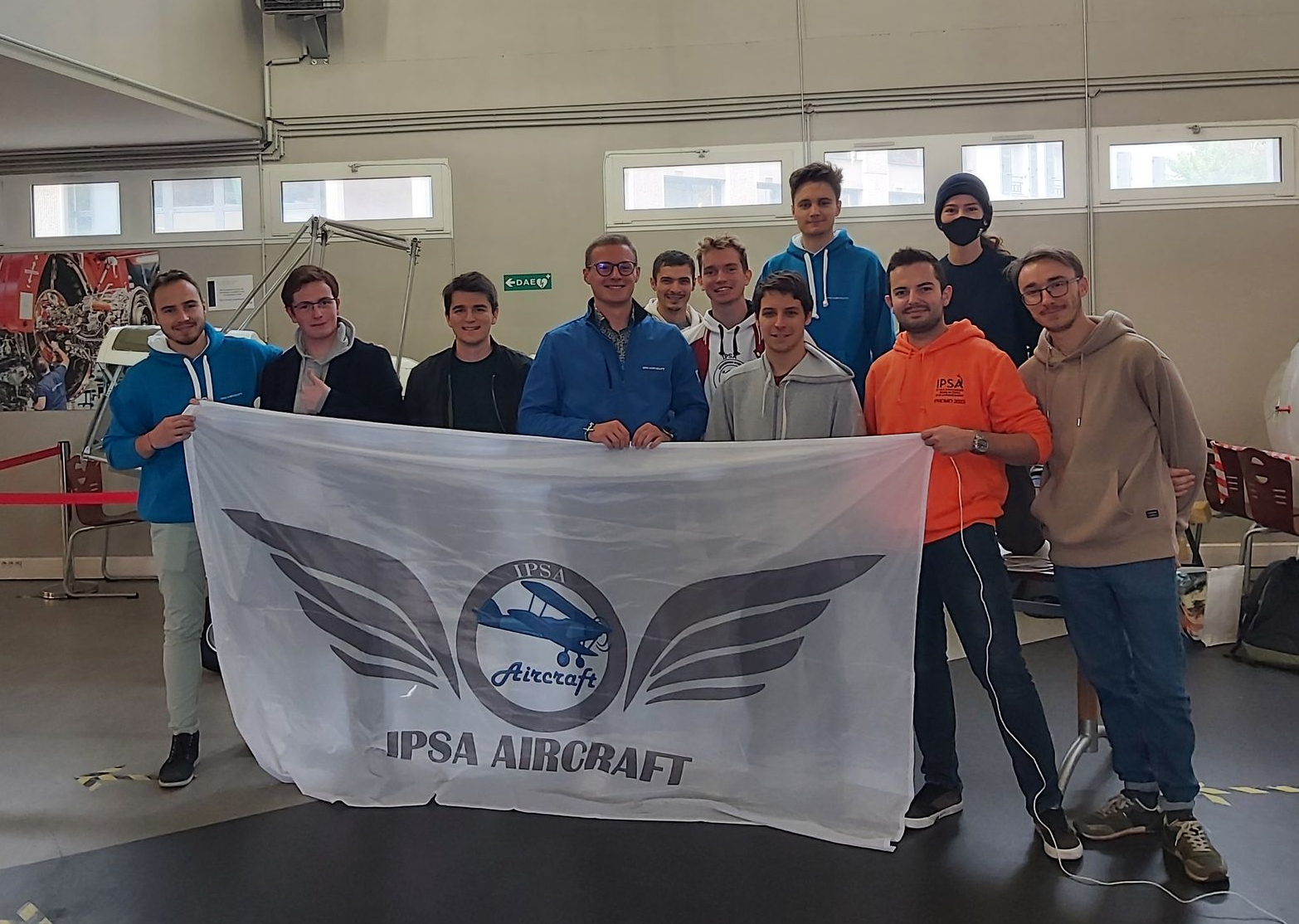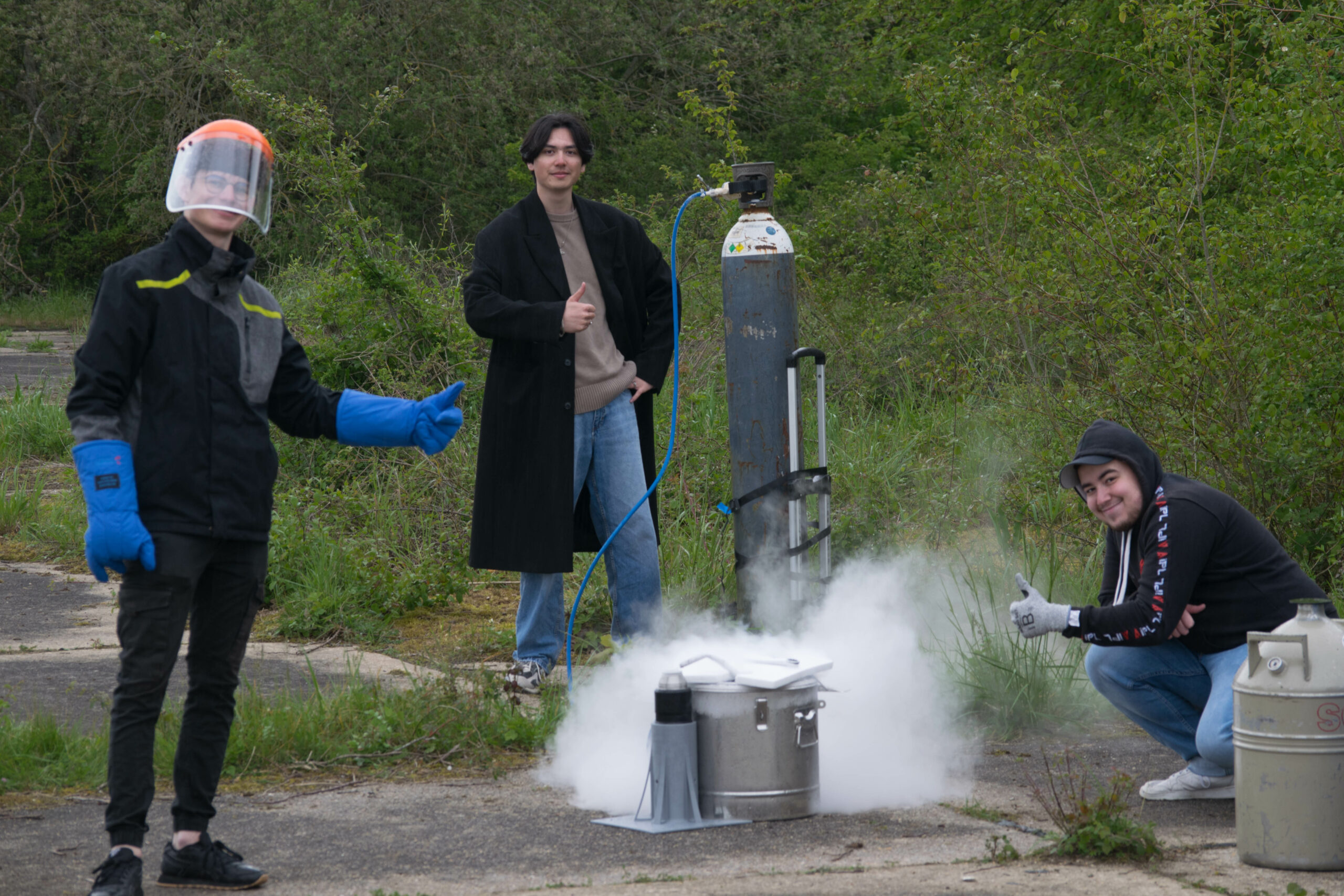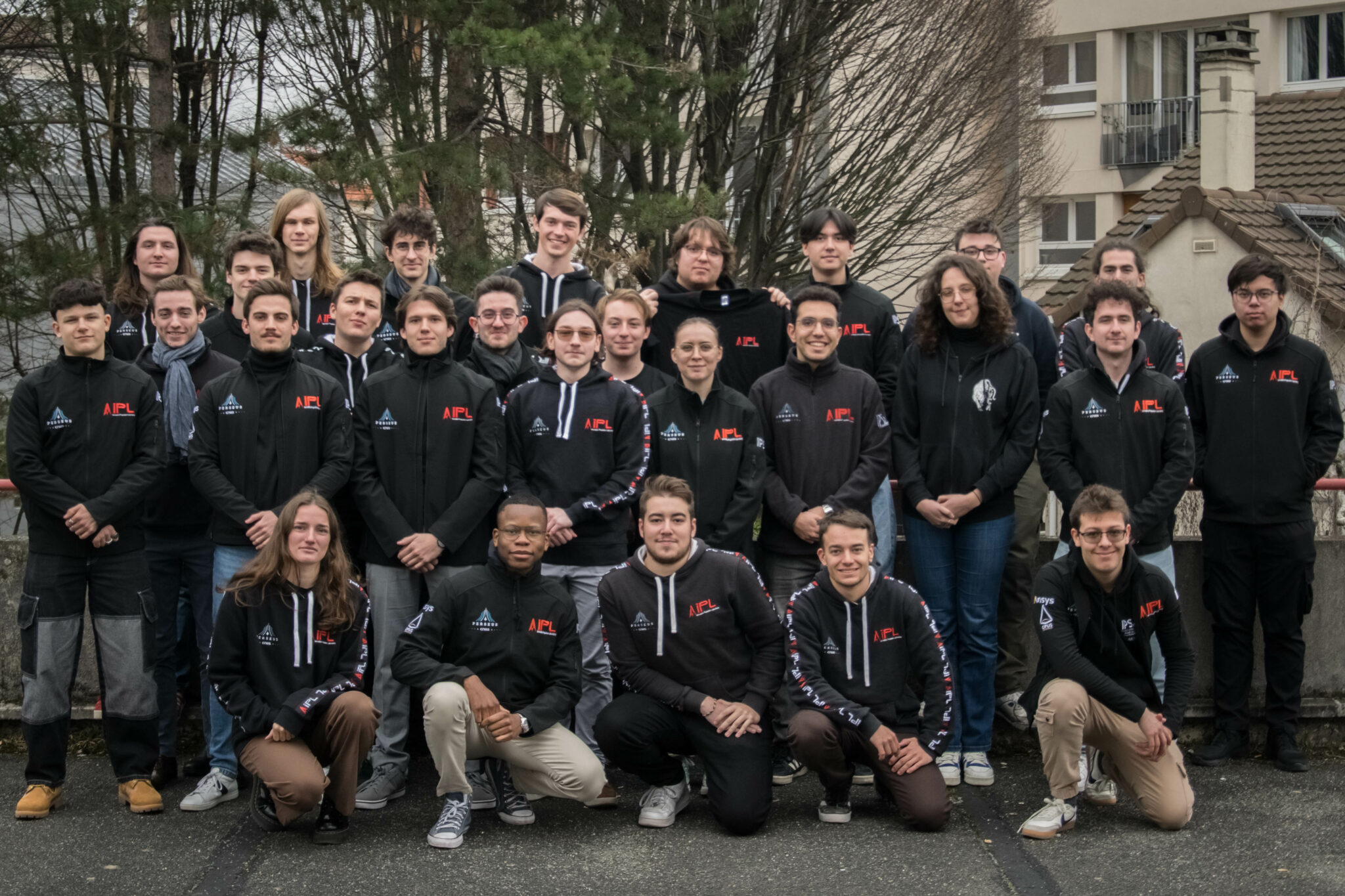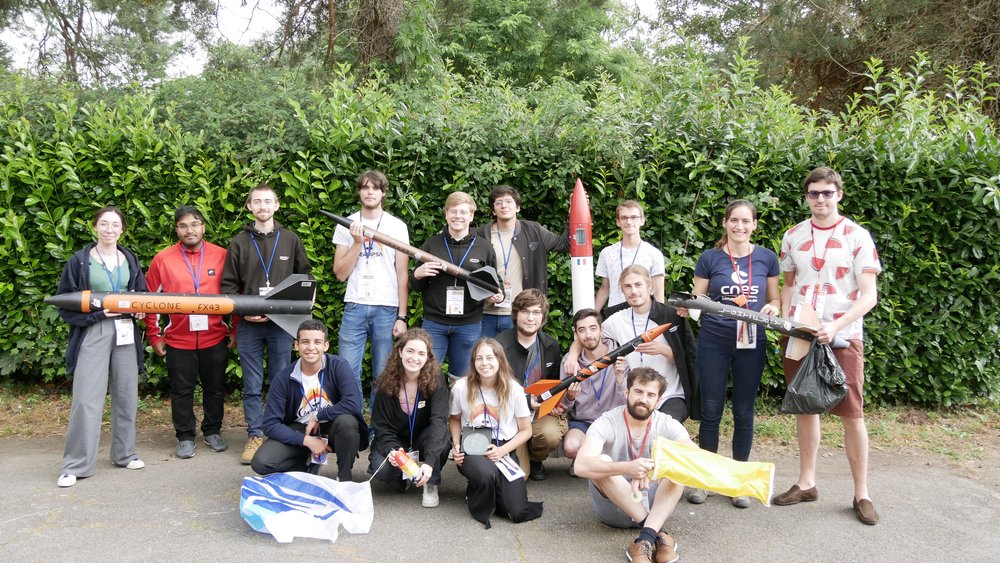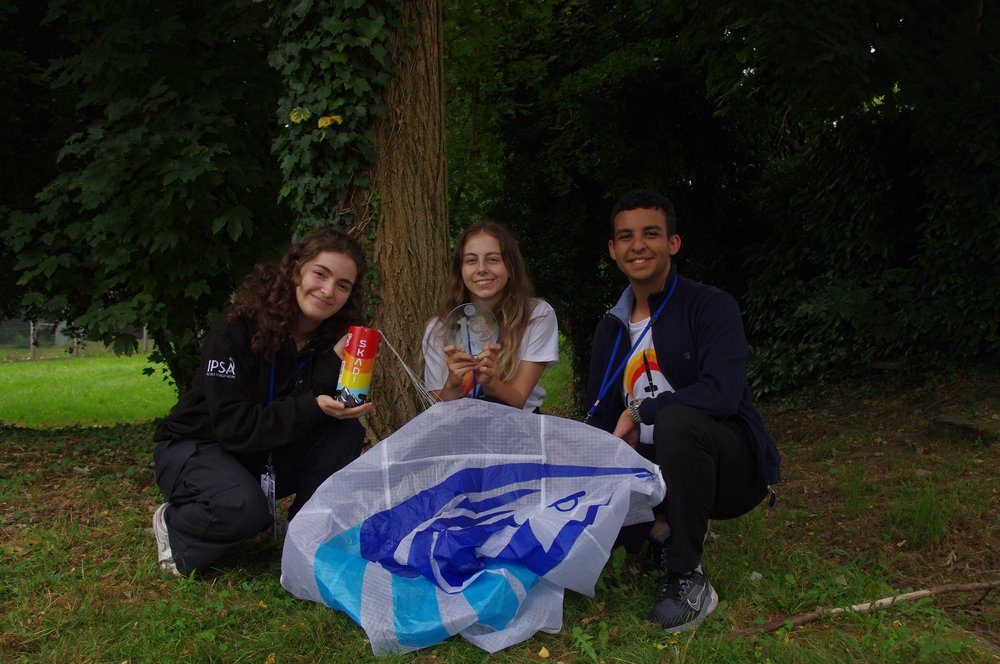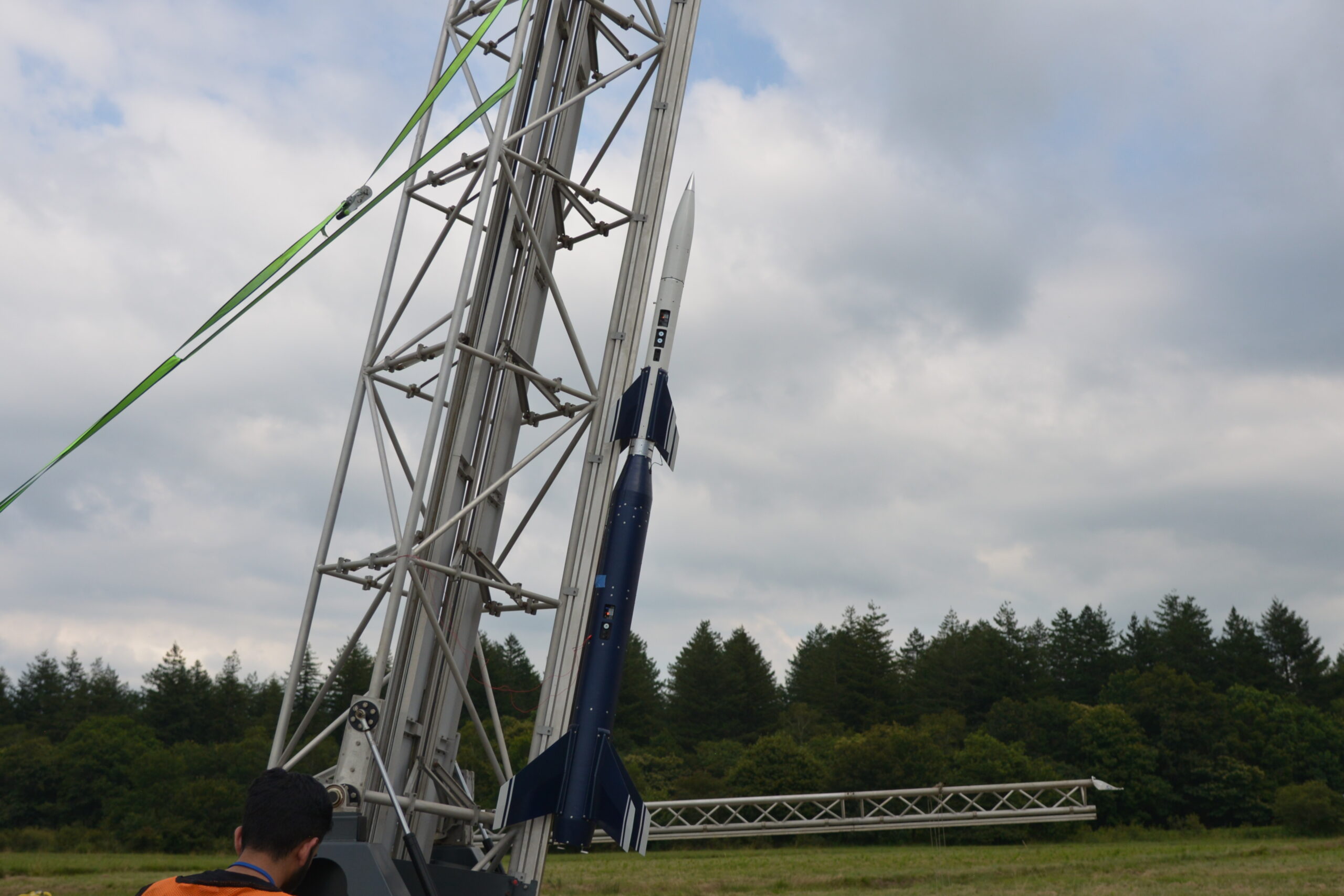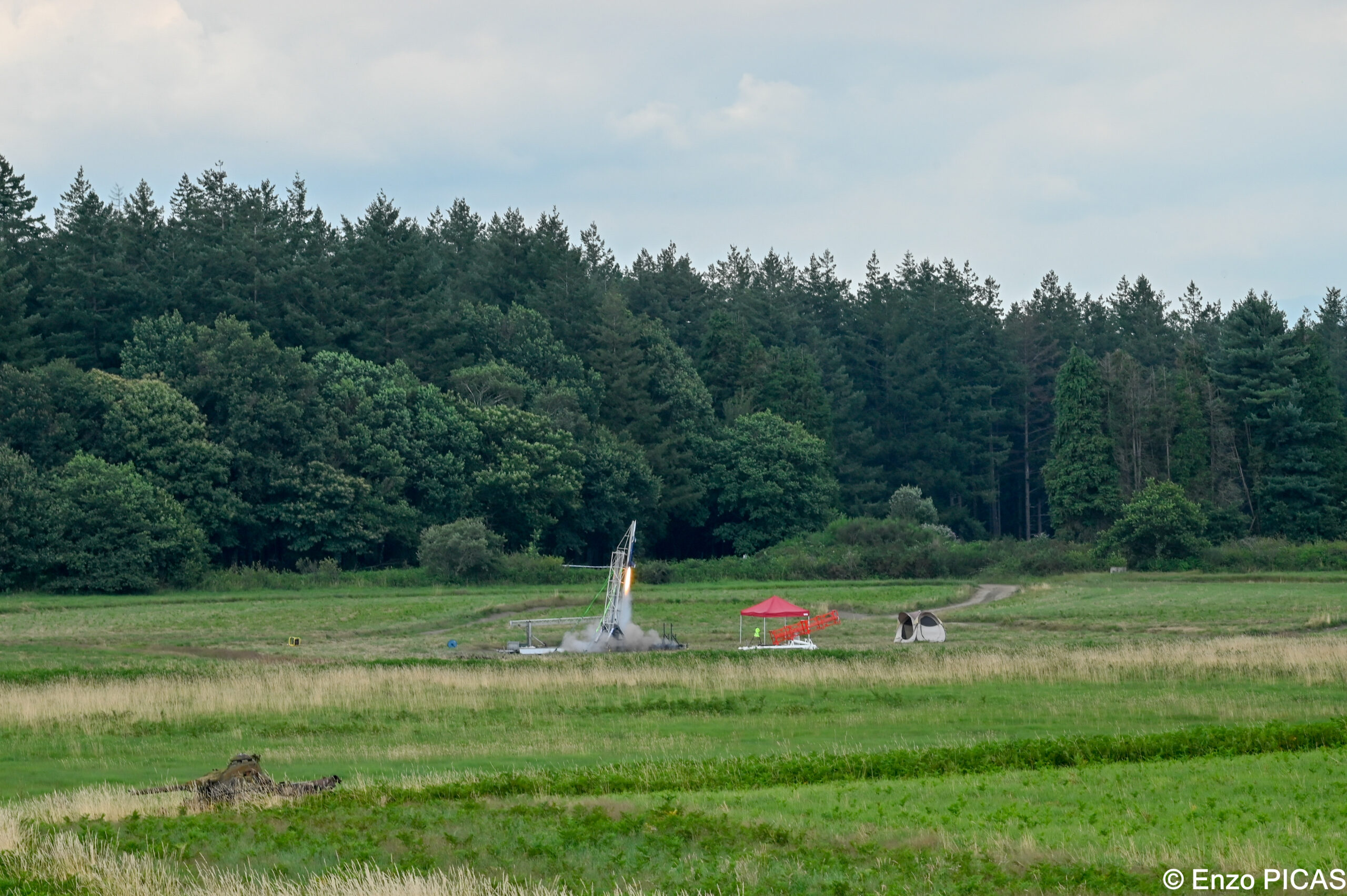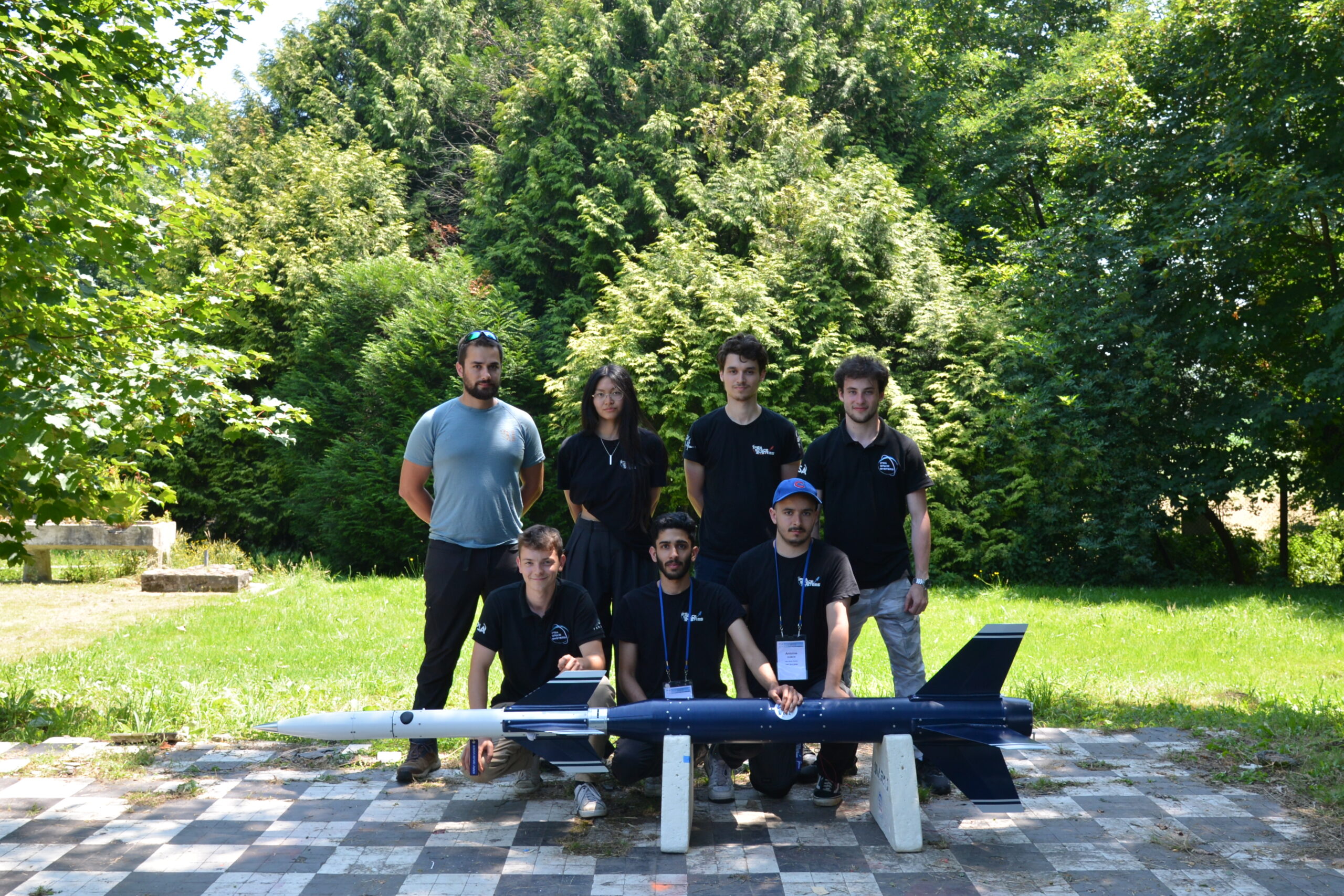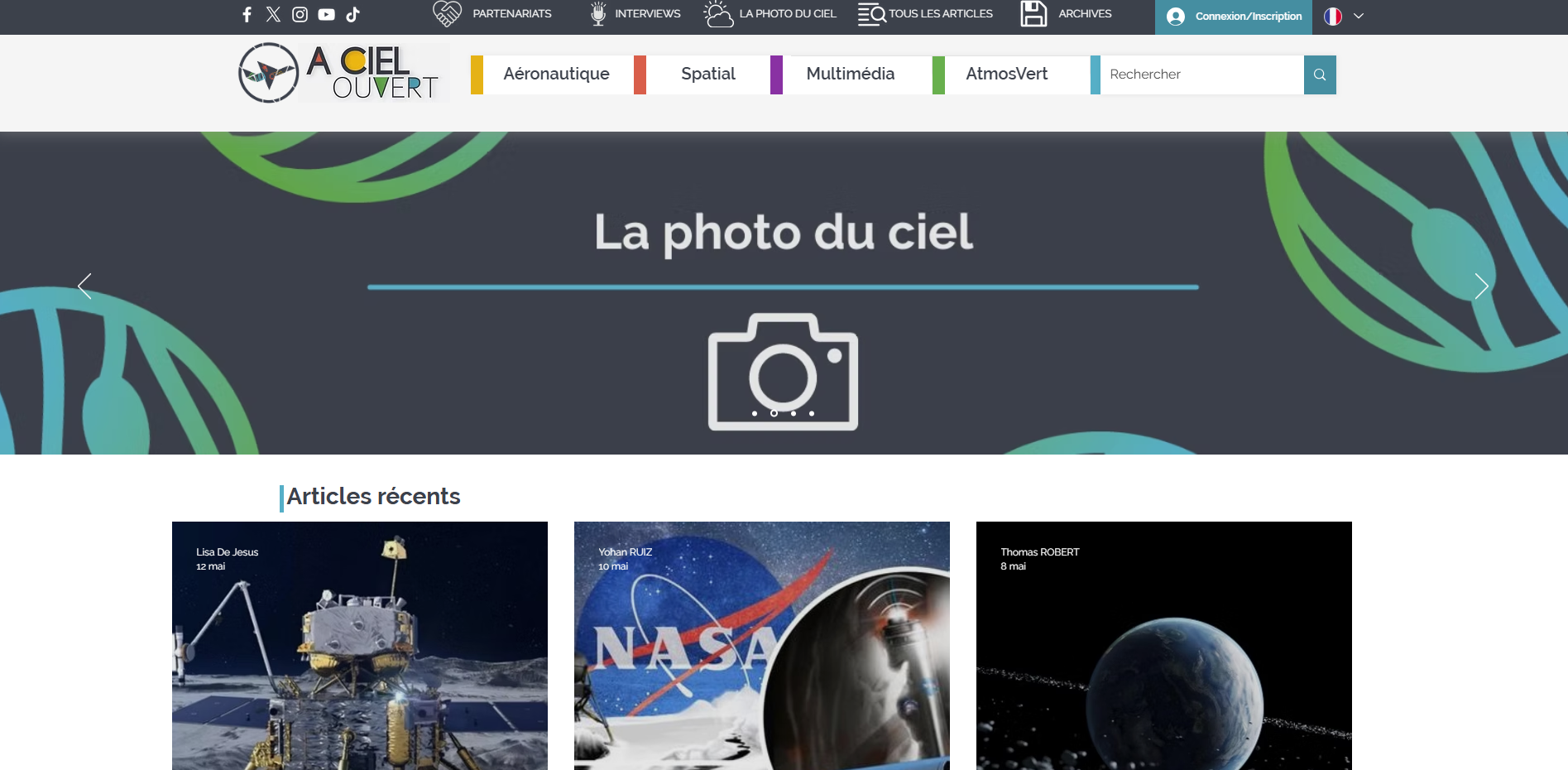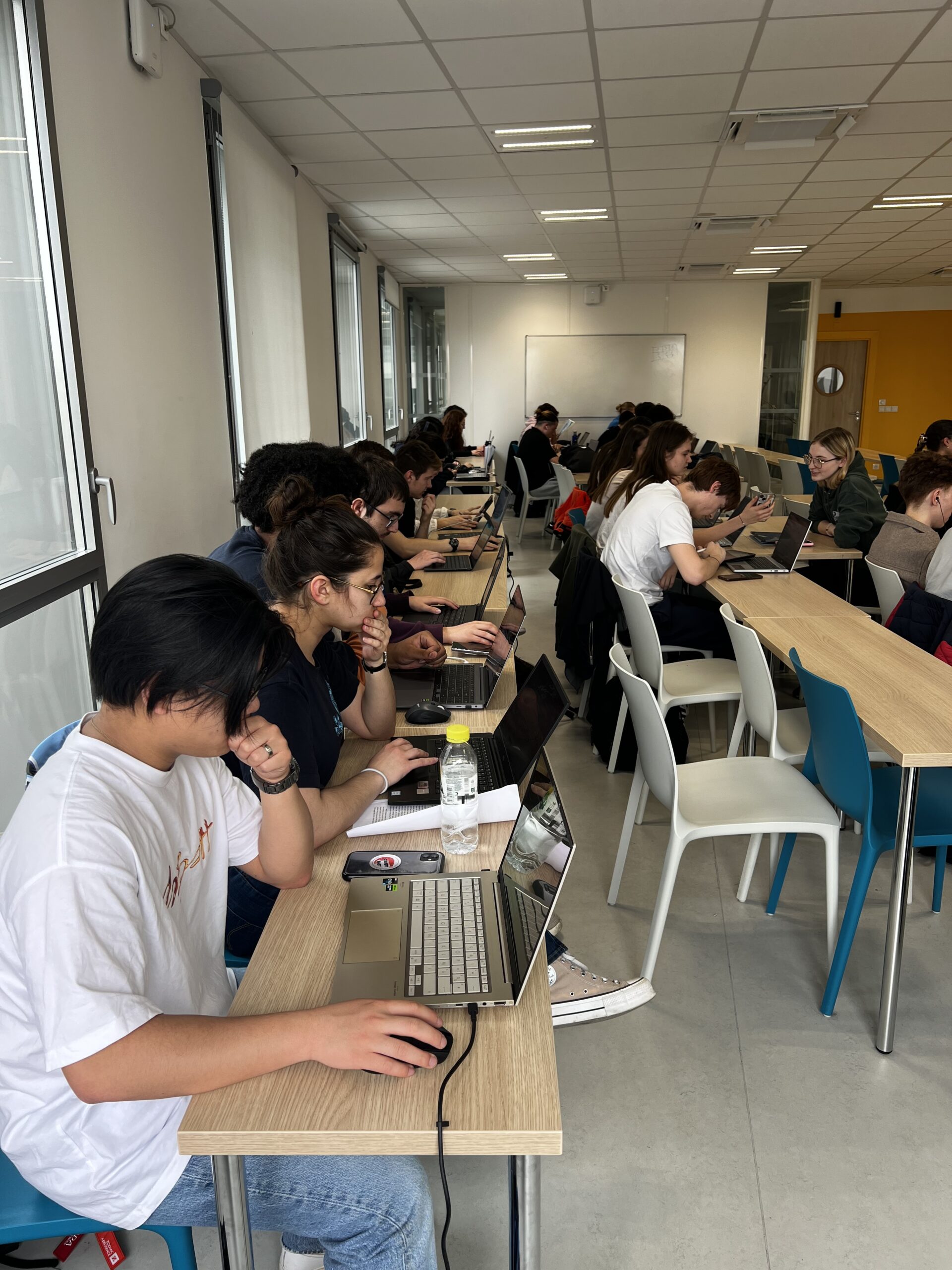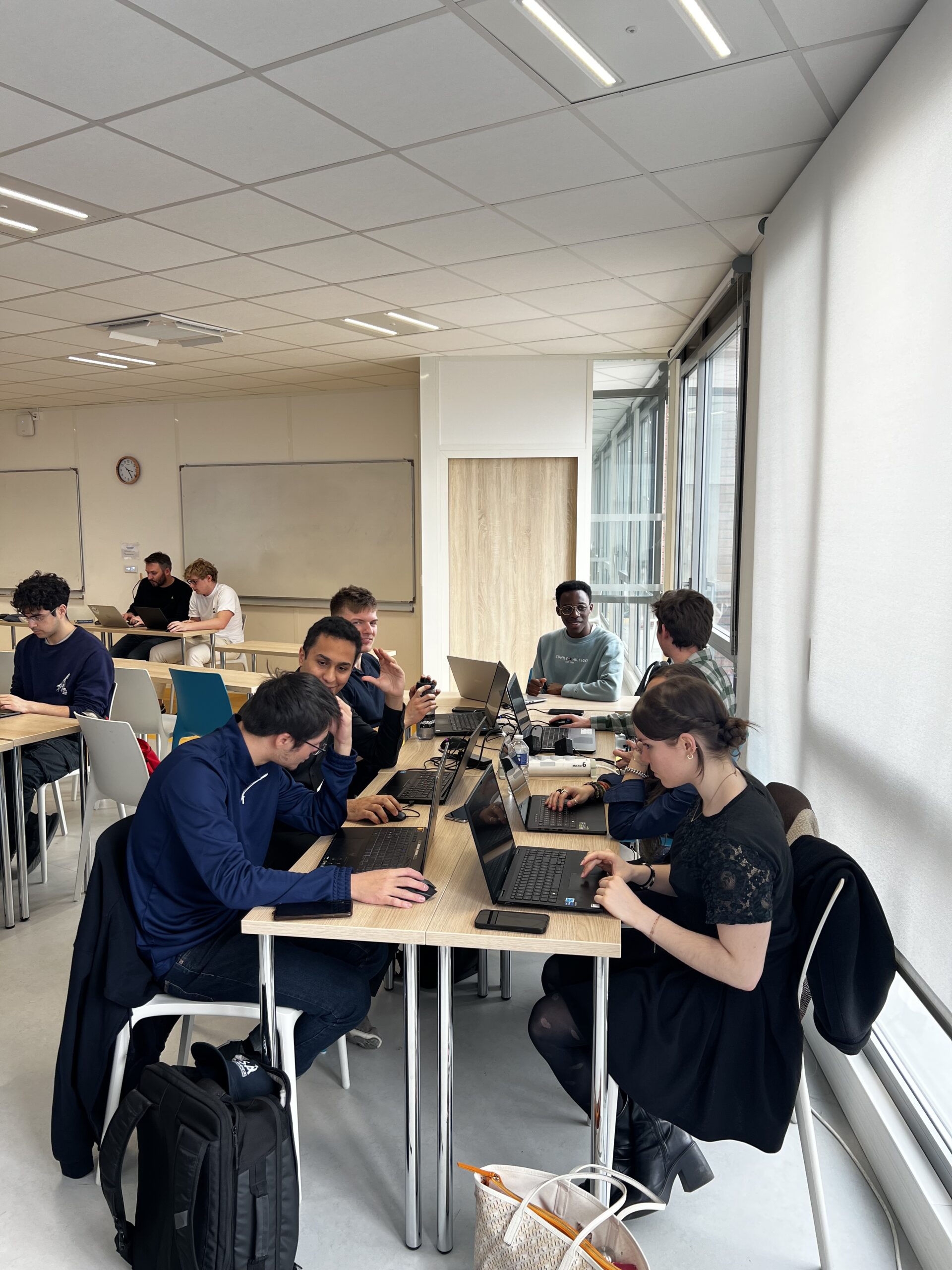Continuous progress
from the preparatory cycle to the engineering cycle
Throughout the 5 years of the engineering program, projects follow one another and become increasingly complex:
- In the preparatory cycle, projects introduce students to project management and the scientific approach, focusing on simple but concrete problems.
- In the engineering cycle, projects become more technical, often linked to real-life industrial challenges. They mobilize the knowledge acquired in specialized courses and reinforce team spirit, innovation and autonomy.
Rover Project
From the start of the 2025-2026 academic year, IPSA is strengthening its project-based learning approach. Students in the 2nd year of the preparatory cycle will take part in a new annual multi-disciplinary project called Rover.
Over and above technical skills, the Rover project offers hands-on experience of the engineering approach: planning, problem-solving, project management and collaboration in a technical environment.
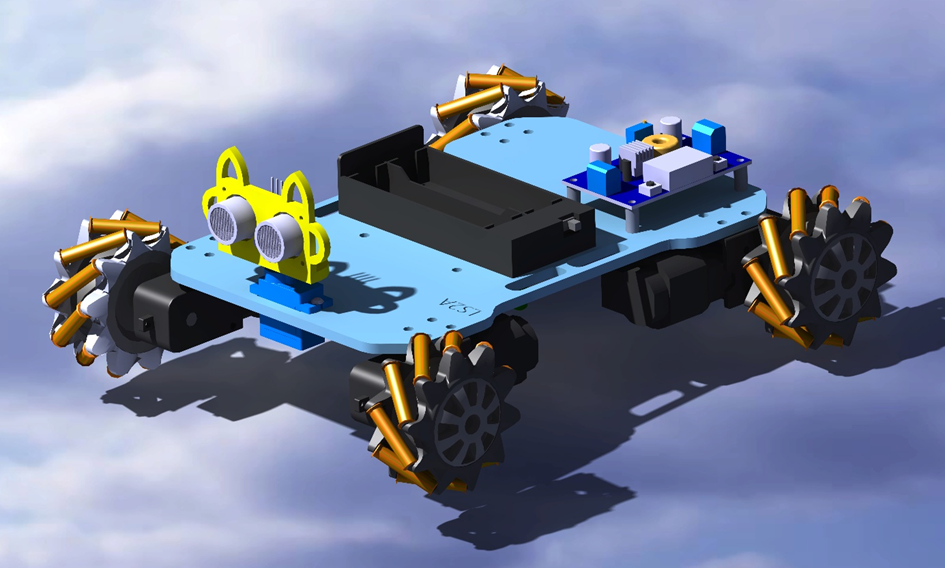
Objectifs et missions
IPL aims to :
- Design, simulate and test liquid-propellant rocket motors.
- Develop test benches for fire tests.
- Collaborate with institutional partners, notably CNES, as part of the PERSEUS program.
Distinctions et partenariats
In December 2021, IPL was awarded by the Paris Saclay Hardware Accelerator as part of the NewSPACEBooster program, obtaining 5,000 euros in benefits to support its projects.
On May 19, 2025, IPSA’s Innovative Propulsion Lab (IPL) marked a historic milestone with the first-ever fire test of a student-designed liquid propellant rocket engine in France. The successful test was hailed as a major breakthrough in student space propulsion.
A step forward
for student space propulsion
This success demonstrates the students’ ability to carry out complex space propulsion projects, combining theory and practice. It paves the way for future ambitious initiatives within the IPL, and reinforces IPSA’s position as a major player in the training of engineers specialized in aerospace.
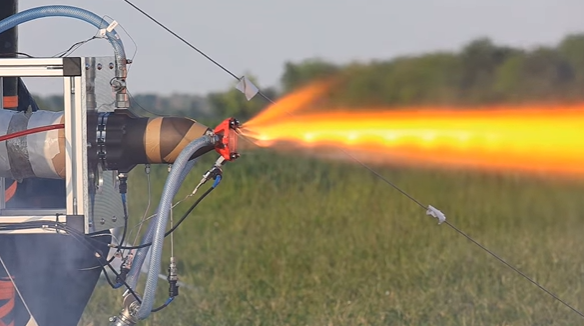
NOZZLE LAUNCH AT C’SPACE
with AéroIPSA and IPSA Space Systems
C’Space is an annual event organized by CNES (Centre National d’Études Spatiales) in collaboration with the Planète Sciences association.
It usually takes place at the Ger military camp, near Tarbes, and is France’s leading event dedicated to the launch of experimental rockets designed by students. The event offers young aerospace enthusiasts the chance to test their projects under real-life conditions, while benefiting from professional supervision.
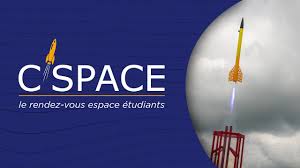
AéroIPSA a présenté six projets ambitieux En 2024
- 3 mini rockets: Arcturus, Horus and Splat’IPS.
- 2 experimental rockets: SP-01 and Eole.
- 1 CanSat: Whaitiri.
Five of these projects have completed nominal flights. Only the Eole rocket has had a ballistic flight, but the data recovered look promising.
Distinctions obtenues
The CanSat Whaitiri took 2ᵉ place in the CanSat France 2024 Competition.
The SP-01 project, with its Unknown black box module, enabled the rocket to be recovered despite a wind-induced descent into the forest.
The association also received the coup de cœur award from agap2.
In 2023, ISS presented the SUPER rocket, measuring 1.60 meters in height and 10 cm in diameter. This innovative rocket, capable of precisely controlling its maximum altitude, reached an altitude of 2,842 meters with a maximum speed of 279 m/s during the C’Space event. SUPER’s nose cone, tube and fins were designed using a method patented by the association, testifying to its technical expertise.
IPSA’s A Ciel Ouvert project is a collaborative blog run by the school’s students. It is part of the Grand Projet AERO 1 and 2, an educational initiative designed to develop students’ writing, technical and creative skills, while raising their awareness of the challenges of their future professional sector.
Launched by students at IPSA, a leading aeronautics and space school, A Ciel Ouvert offers a variety of content on the aeronautics and space industry. Articles cover topics such as technology news, aviation history and space innovations, as well as interviews with industry professionals. This diversity allows readers to immerse themselves in the fascinating world of aerospace through the eyes of future engineers.

